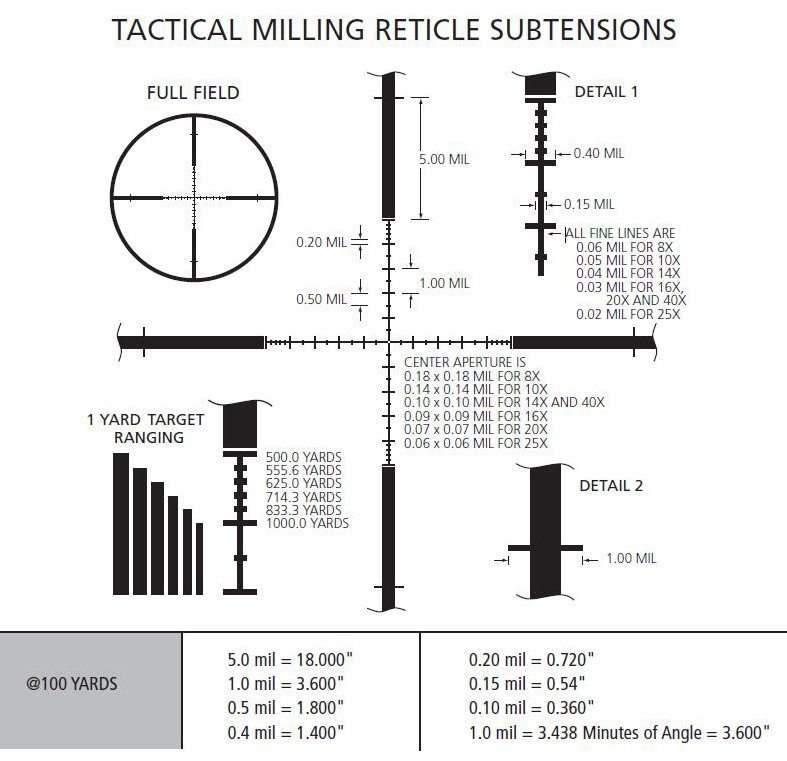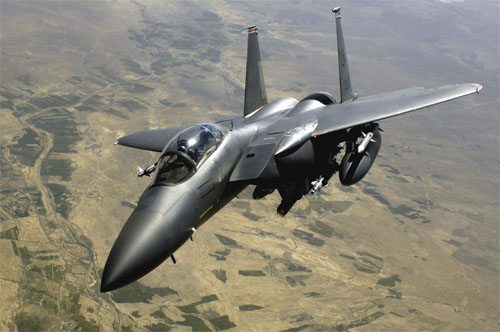United Press International,
WASHINGTON: The U.S. government and armed forces could face the unanticipated threat of anticipated strategic overstretch if the current Middle East crisis gets out of hand.
Over the past week, Israel has responded to massive Hezbollah rocket bombardments into its northern areas with deep air strikes into Lebanon and has used strong language holding Iran and Syria responsible as the key allies and protectors of Hezbollah in southern Lebanon and of Hamas in the Palestinian territories.
There is no doubt that these close ties do indeed exist. But the remarkably forthright tone and actions taken by Israel's still inexperienced Prime Minister Ehud Olmert, and his neophyte defense minister, Labor Party leader and former Israeli trade union chief Amir Peretz, stand in striking contrast to the far more restrained and focused actions that Olmert's long-time boss and predecessor as prime minister, Ariel Sharon, took during his five years in office.
Sharon did not hesitate to defy international criticism and send the Israeli army into devastating counter-strikes against Palestinian Territory cities such as Gaza, Jenin and Ramallah in response to terrorist attacks against Israeli civilians during the second Palestinian Intifada. But he was always extremely careful to avoid creating a wider conflict that could draw in neighboring nations such as Egypt, Syria or Lebanon.
It is certainly true — as Israeli officials have emphasized over the past week — that in the last year Hamas has fired more than 850 short-range Qassam rockets at Israeli territory. And it is also true that under such an intensive continuing bombardment, eventually some of those rockets are certain to inflict serious Israeli civilian casualties and/or strike some key installations such as the chemical and oil facilities at the Israeli port of Ashdod.
Read Full Article Here









